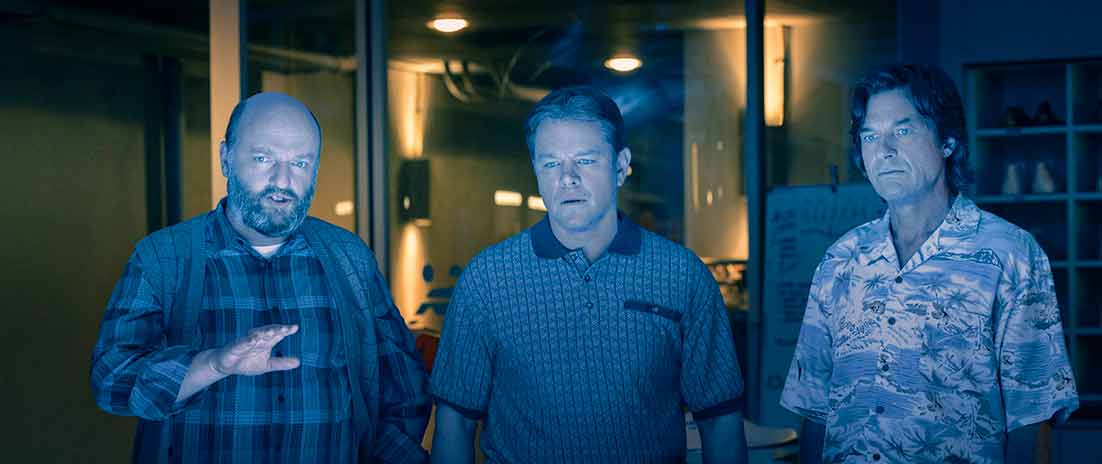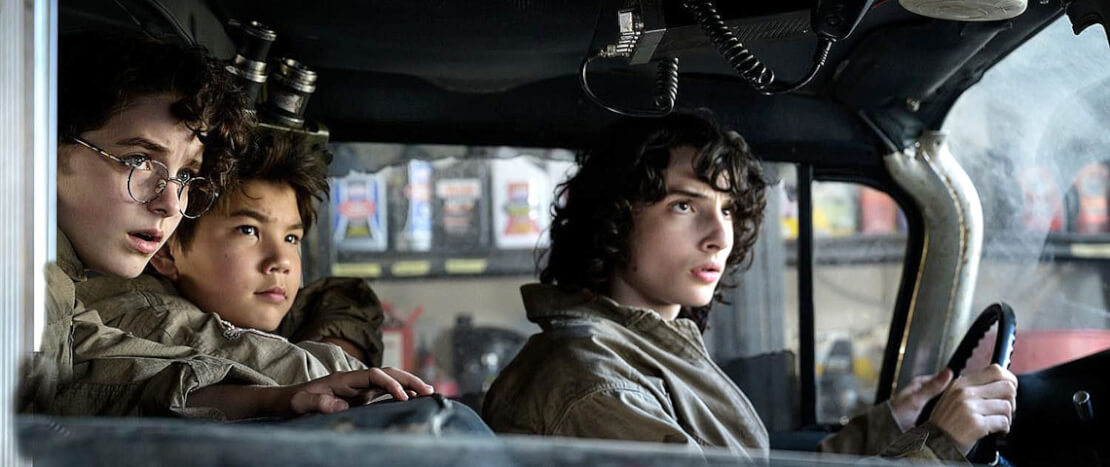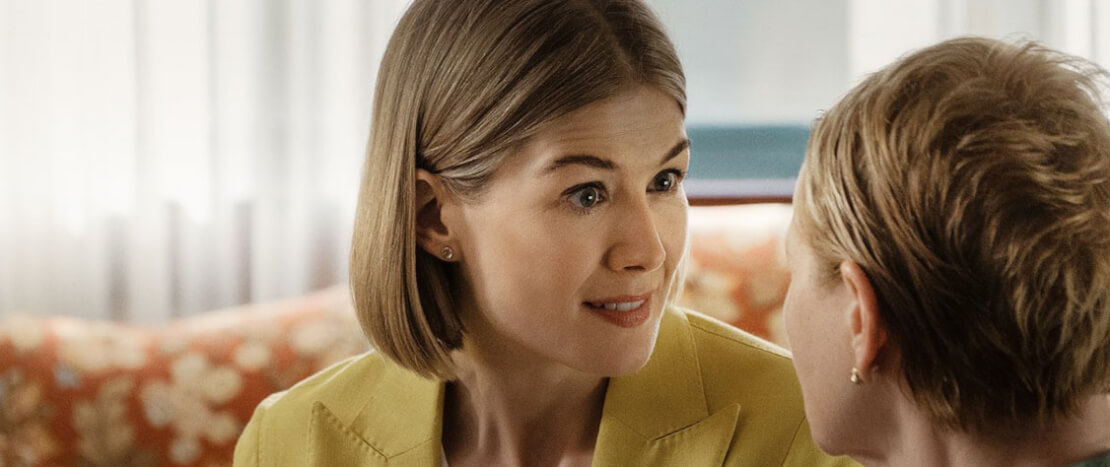Call Jane
In Call Jane, Elizabeth Banks is Joy Griffin. Mother to daughter Charlotte and wife to her litigator husband, Will. The late 1960s are treating the Griffin family well. That is until Joy’s pregnancy causes her a life-threatening condition. The solution? Terminate the pregnancy. However, in the art deco refinements of white privilege, such things aren’t done and the all male hospital board turn down her request for an emergency abortion.
Faced with inevitable choice of self mutilation or a back-street abortion, Joy chances upon a weathered fly-posted sticker. Its message is a stark one: Pregnant? Anxious? Need help? -Then call Jane.
What follows is a sober retelling of women’s fight for control of their own bodies. Admitted into a secretive group of self-helpers turned facilitators, Joy becomes far more involved than just helping out, and all if this pulls her away from her family and increasingly suspicious husband.
… you could say Call Jane has arrived just in time.
Given it’s subject matter and America’s regrettable lapse back to the middle ages, you could say Call Jane has arrived just in time. Yet whilst the battle cry is incendiary, director Phyllis Nagy‘s second film is deliberately not. Neither shying away from the legal and social obstacles placed in the group’s way, it patently demystifies the process by showing the whole procedure.
With Sigourney Weaver in full proto-activist den-mother mode, deftly applying the invective where it’s needed, the film consciously concentrates instead on house-wife, law under-graduate Joy – and I can understand why. If there’s any demographic that needs its current mindset changed it’s that one. Then in saying that, I personally rate 2020’s Never Rarely, Sometimes, Always as the better film to do it with 2004’s Vera Drake coming a very close second. I’ve yet to see this year’s The Happening but it’s certainly gladdening to see that the push back against US theocracy is gathering momentum on a cinematic scale.
So, in summary, Call Jane starts well, build up nicely and yet it feels like it has a truncated ending where decades of legal procedure and arrests take place, all of which culminate in Roe vs Wade. But then again, maybe that wasn’t the intended focus of this solid, and by frequent turns, funny, comedy drama. Call Jane is a valid, calculated and solid document of resistance which shouldn’t trigger a volley of knee jerk reactions but offer a decent insight into how change occurs.
I hope it reaches the audience it so desperately needs.












